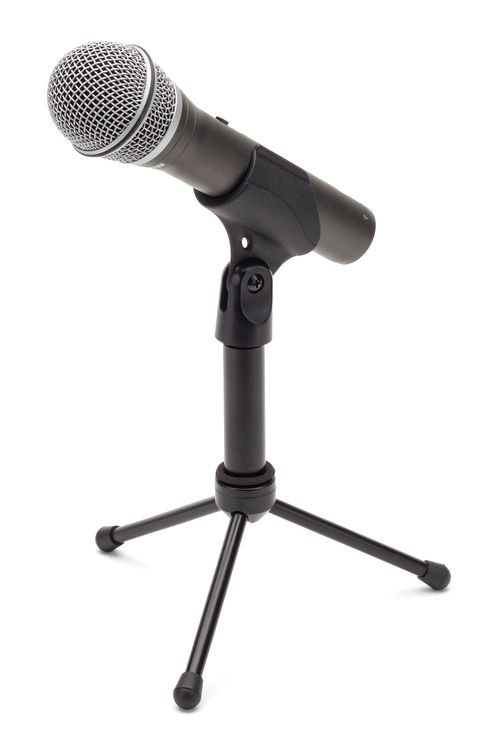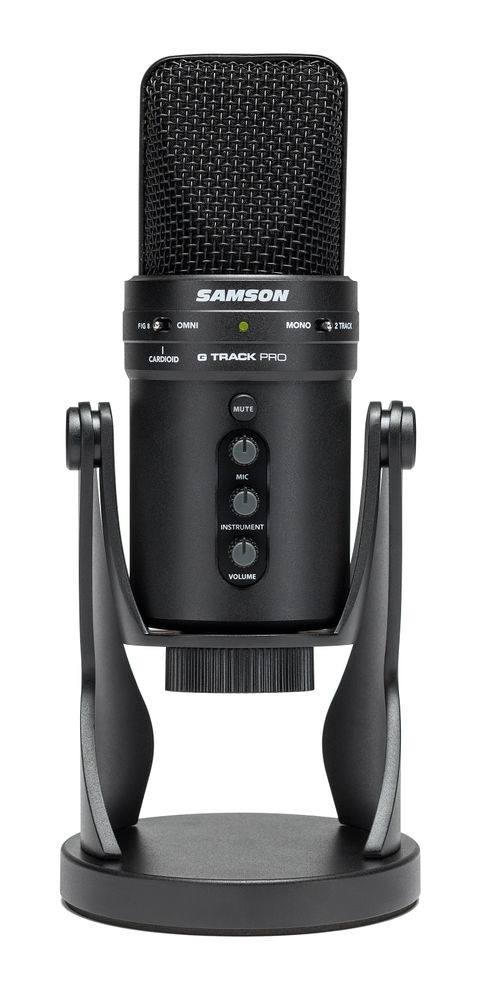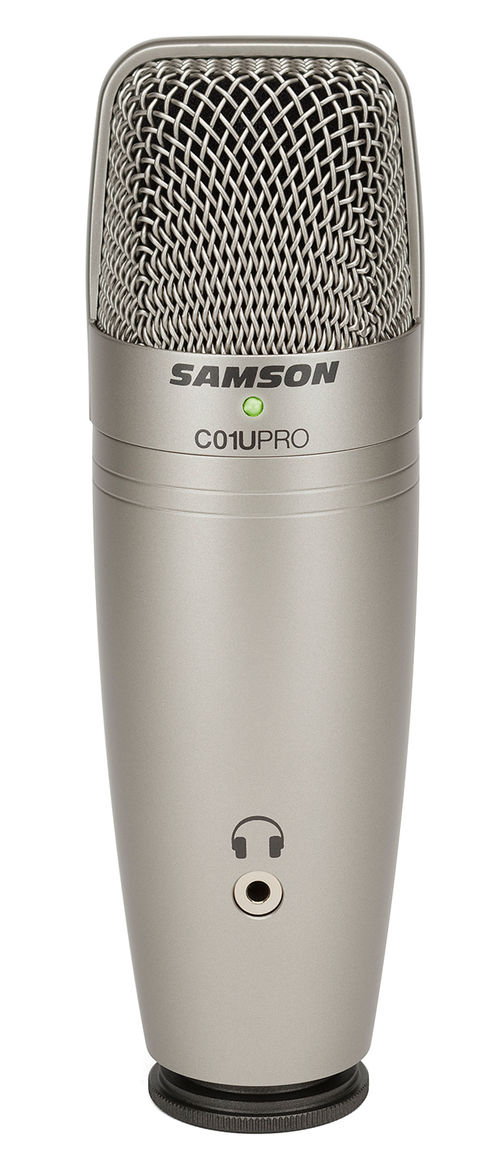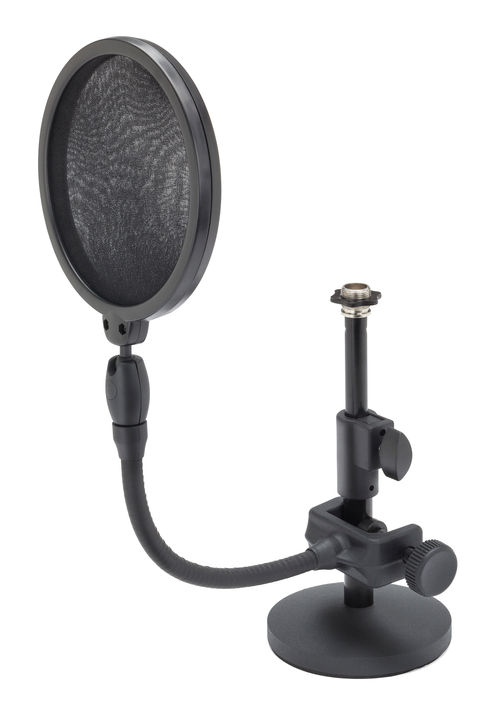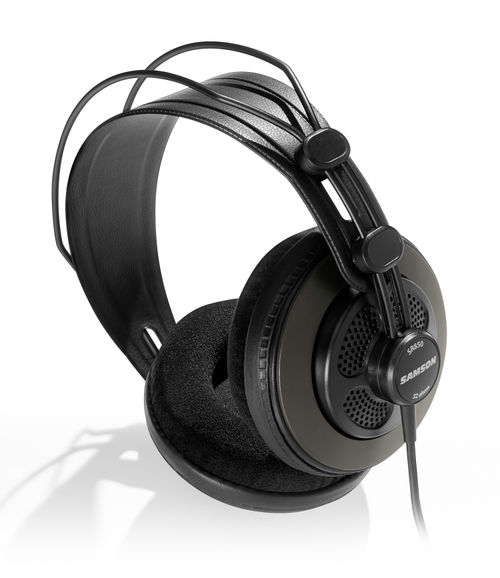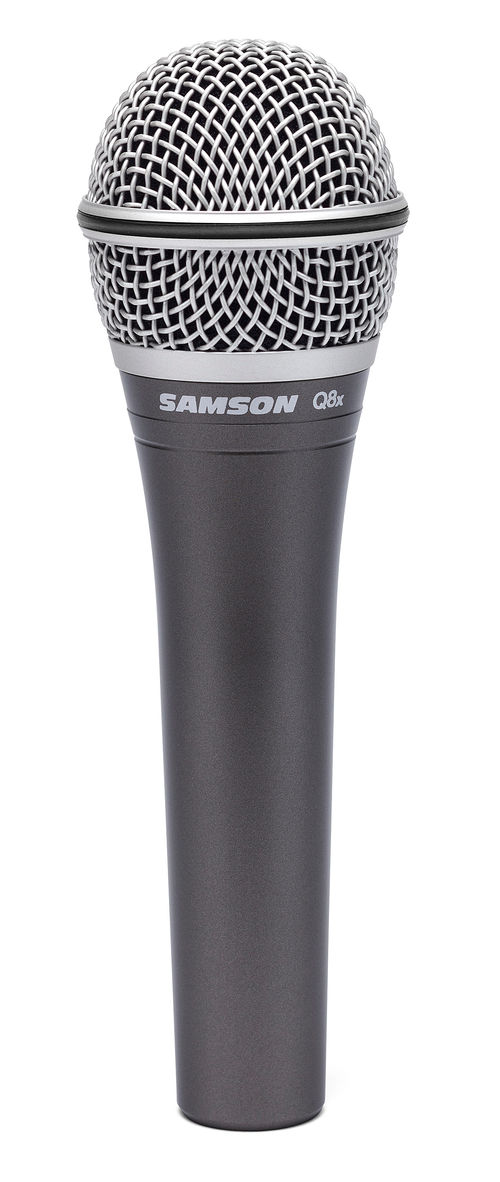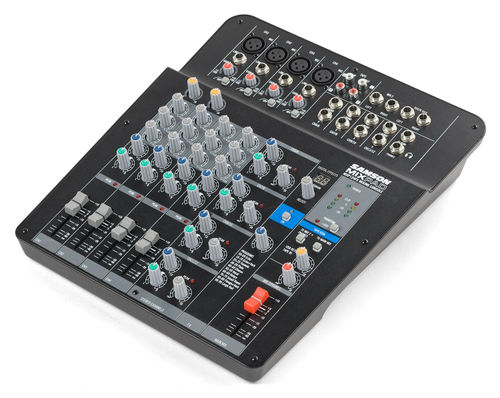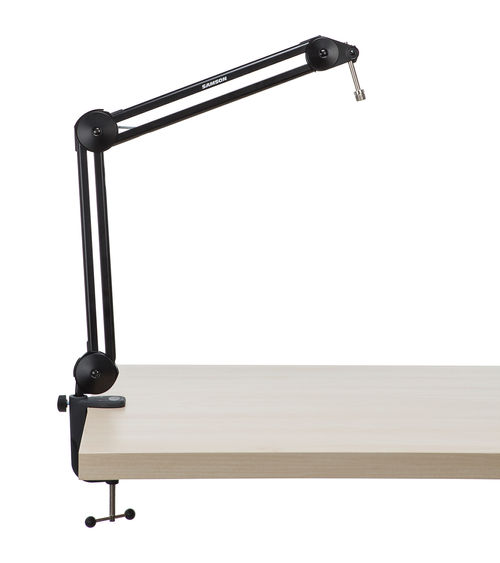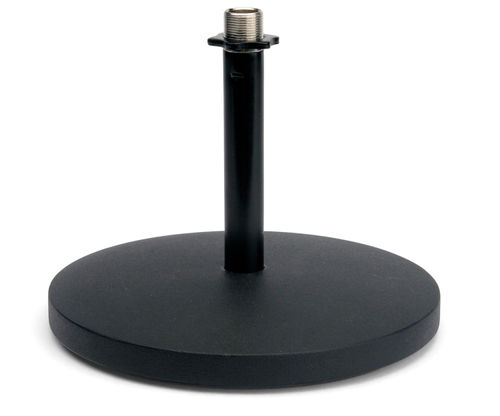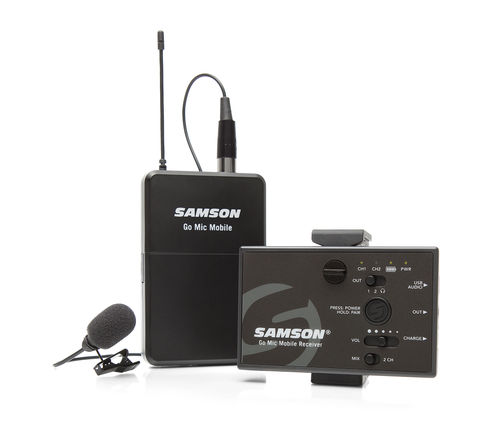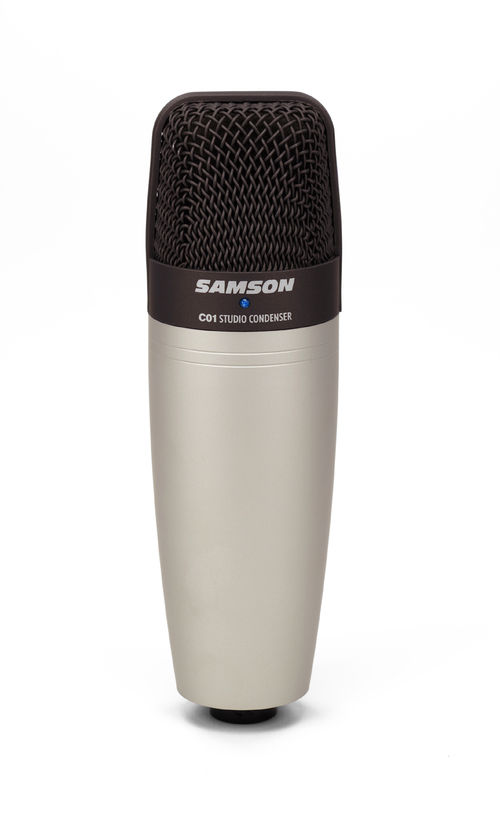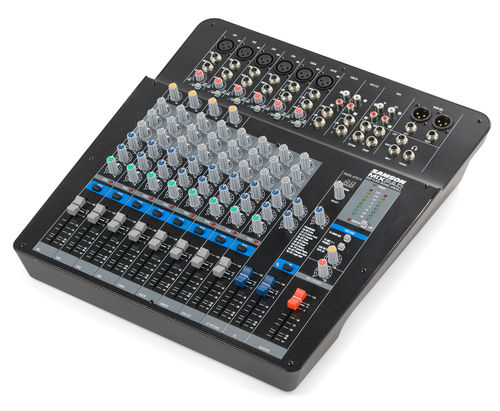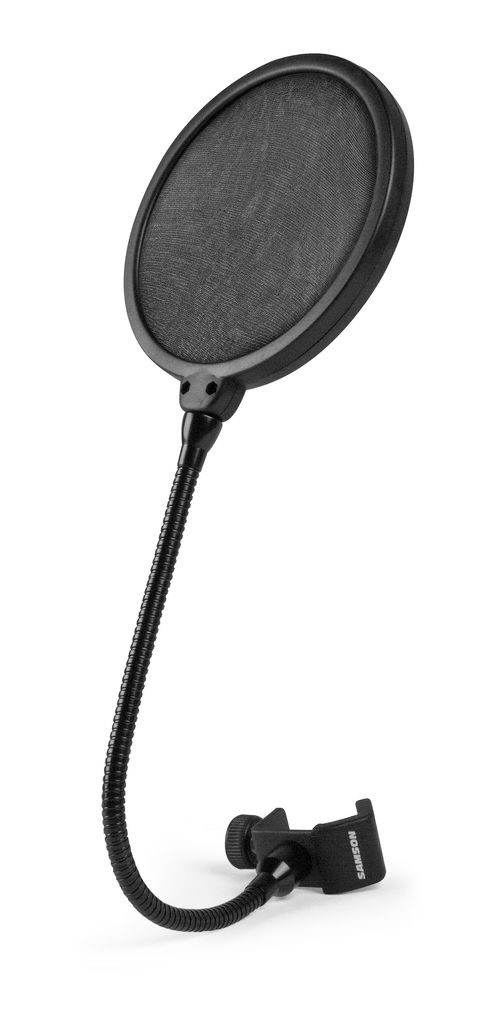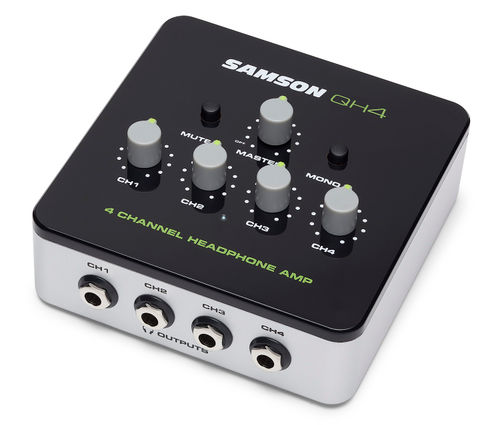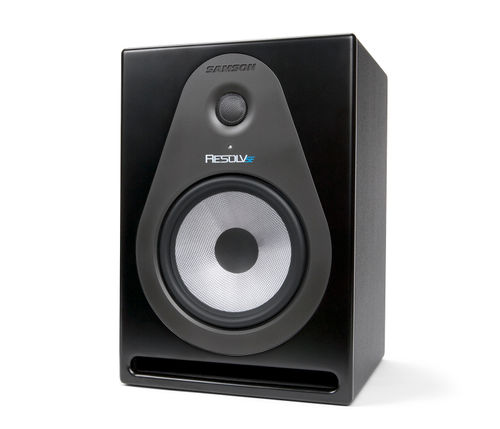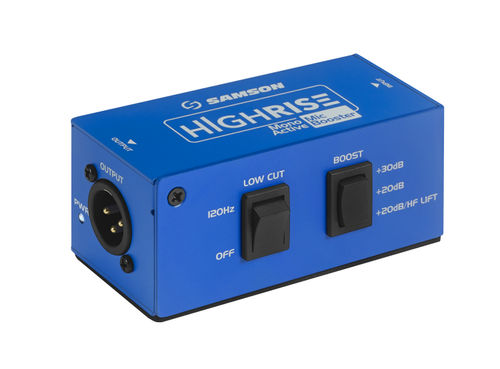Want to Record Your Own Audio Drama Podcast? Here’s How…
Want to Record Your Own Audio Drama Podcast? Here’s How…
From ars Paradoxica and Bronzeville to We’re Alive and Wooden Overcoats, the cream of Modern Audio Drama podcasts do much more than simply entertain their huge and ever-growing fan bases. They also inspire many of their listeners to dive in and start creating their own shows.
However, for the absolute beginner with little or no audio experience, it can be a little daunting to get started. Fiction podcasts can be as simple as one single voice reading a story. But they can also be done in an incredibly complex way.
You can create stories where massive armies clash over a medieval landscape, where giant robots fight demonic dragons, or where fleets of spacecraft do battle around the edge of a black hole. You can do all this without the need for an 8-figure CGI budget. In fact, you can do it without spending very much money at all.
Intrigued? Well, here are four common options available to you as you look to plan and record your own Audio Drama…

Setup 1 – Solo
The first option is suitable for folks who want to narrate their stories, or create and be part of an audio drama with a remote cast.
Having a “remote” cast basically means a global group of actors who collaborate online.
The creator sends scripts out to these actors, who record their lines independently. They’re then sent back to the creator who mixes everything together in post-production.
The big benefit of this approach is that they don’t need to worry about the logistics of getting the cast together and recording everything at a set time.
Also, if they’re recording prose fiction or a monologue drama, then the creator is only accountable to themselves.
The downside is that there’s always going to be slight differences in the audio recorded by the cast in different environments, and with differing equipment.
You can also lose a bit of the chemistry you get when actors play off of each other as opposed to in isolation. It’s possible however, for the cast to get together on a program such as Skype where they can still maintain a level of interaction whilst performing and recording.
Solo Shopping List

Setup 2 – Home Recording with a Small Cast
The second option is for creators who are looking to bring a small group of actors together in a “home studio” setting to create an audio drama.
Of course, “home studio” doesn’t mean you need to literally turn your home into a studio. It’s more about pulling together a kit that can be set up and taken down again on the same day, and is portable enough to be taken to other locations when need be.
With this type of setup, the creator’s main focus is on recording the voice acting in as “dry” a manner as possible. This is so that they can place the scene in whatever story setting they desire during post-production.
Any room used for such a setup should have minimal reverb and external noise. For example, if you want to create a soundscape where two characters are on the deck of a ship in a storm, shouting to each other above the crashing of the waves, then you want to be working with the cleanest vocals possible.
Home Recording Gear Shopping List

Setup 3 – Location or Field Recording
The third option is to embrace the sounds of the recording environment, and incorporate them as part of your story.
Getting “out in the field” doesn’t mean you literally need to go and record in a field. It could be anywhere outdoors or indoors, with the only qualifier being that the background behind the vocals needs to serve your story.
On the one hand, this adds an extra dimension to your soundscape as actors interact with the environment around them, as well as each other, during a performance. It also means there’s a lot less you need to artificially insert during post-production.
But with recording in non-studio locations, you lose a great deal of control over things. You can plan a recording day and get all your cast together, only to find that there’s a huge construction project taking place nearby. Or that the wind has picked up to hurricane gale force.
Field recorded dialogue can also be harder to edit, because the background noise is part of the source audio.
But overall, it’s a brilliant low cost, low clutter, and performance is an effective way of getting started in making audio drama.
On top of that, most of us actually already carry around a really great audio recorder with us in the form of our smartphones.
And with a few extra bits of kit, you can turn your phone into a fully functioning recording studio too!
Field Recording Shopping List

Setup 4 – Going Pro
The fourth option is for those looking to create a more permanent space for recording audio drama. This means investing a bit of money in your gear too.
With this approach we’re looking at having the freedom to record large casts on individual audio tracks.
You can also mix up your recording approaches, either by focusing on the vocal tracks, or by “using the room”.
Focusing on the vocals is once again working on the basis that you need to produce these scenes so they can be set anywhere – from the top of a mountain, to the bottom of the ocean. Here, you’d want to record the vocals “dry” and work away in post-production to achieve this.
To “use the room” means that instead of having actors record directly into the mics while stationary, they’ll move around the mics a little when performing. This can add a bit of physicality to the production that can be hard to match in post.
It’s a bit like the field recording approach, but with a lot more control, as you’re still within the walls of your own studio setup.
Going Pro Gear Shopping List
Summary – Recording Your Own Audio Drama
So that’s four common, tried and tested ways of recording your own audio drama. Hopefully, that helps give you some ideas.
Of course, there’s still the small matter of writing the script. If you plan to do that yourself, then that’s a different skillset altogether.
But that’s something you can get help with inside The Podcast Host Academy– a membership site for podcasters and aspiring podcasters who want to create successful, impactful shows.
So if you feel clued up enough to record great audio, but still need a bit of guidance when it comes to the content, promotion, growth and monetisation, then check out The Academy. It might be just what you’re looking for.
But if you’re good to go, then happy creating. Go and make some great audio drama.
And admit it, you’re tempted to try the Giant Robots vs Demonic Dragons story, aren’t you?
